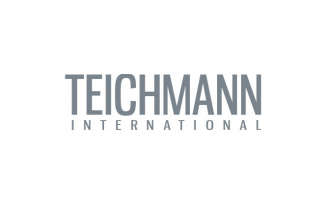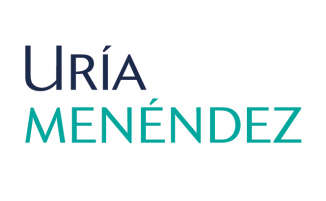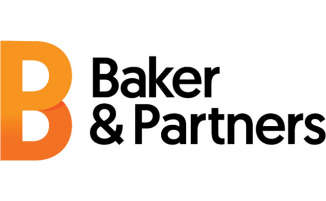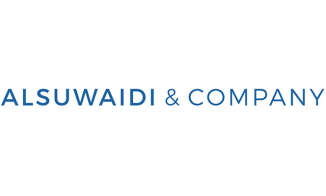Insolvency and restructuring proceedings are intricate and complex. Practitioners must be able to combine legal knowledge, in particular in the areas of litigation, finance and transactions, with strategic, tactical and managerial skills to deliver positive results.
PRAGER DREIFUSS has extensive experience and a longstanding tradition in insolvency and restructuring matters. In the wake of the financial crisis, we combined our finance and bankruptcy knowledge which enabled us to assist in complex project financing, also lately in a major multinational commodity project. Our attorneys regularly represent creditors, some of which are banks, hedge funds or other financial institutions, in large national and international insolvency and restructuring proceedings, whether in registering or purchasing claims or in enforcing disputed claims vis-à-vis bankruptcy administrators and before courts. Assisting clients in the recognition and enforcement of foreign judgments in Switzerland and abroad is a key feature of our daily practice. Frequently and increasingly, we are retained by creditors in enforcing claims (awards, bonds) against sovereigns. Continue reading “Sponsored practice area spotlight: Insolvency and restructuring: Combining unique skills to achieve a successful outcome”
















